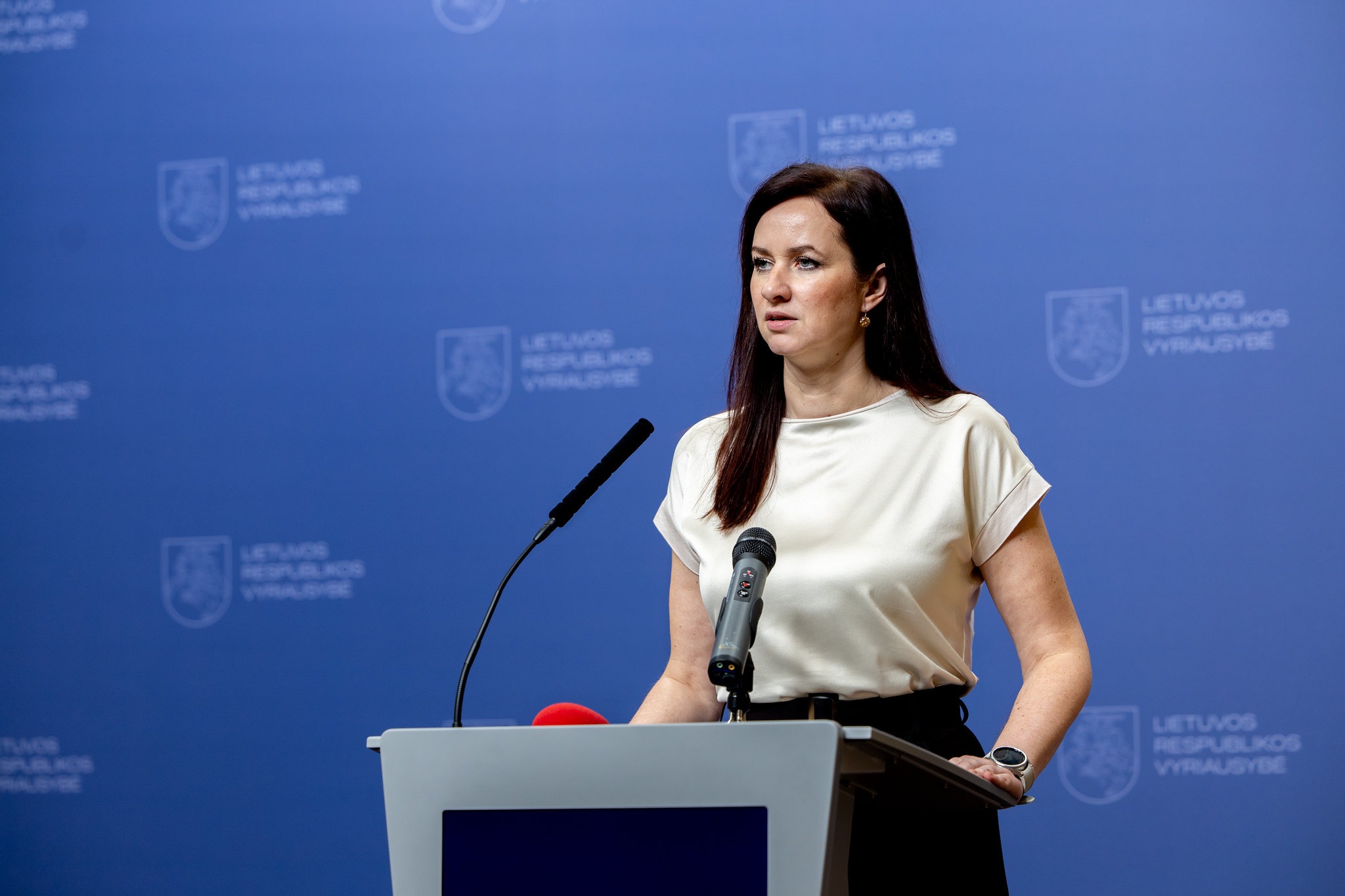
Main narratives:
- Anti-government sentiments;
- Estonia fights against Orthodox people;
- The government tries to build a ‘police state’.
Overview:
The recent increase in Estonia’s VAT from 22% to 24% has attracted strong criticism from pro-Kremlin commentators. They argue that the rise places an unfair burden on low-income households, particularly the Russian-speaking minority, who statistically have lower incomes and higher unemployment rates than ethnic Estonians. Citing public opinion polls showing that over 80% of people oppose the tax increase, these critics accuse the Estonian government of ignoring the will of the people and pursuing policies that deepen economic inequality. They also highlight what they see as contradictory state spending, such as the increase in defence budgets and the €3.5 million allocated to the National Song and Dance Festival, which took place at the same time as the tax increase. While the economic concerns raised are not without merit, given the regressive nature of VAT, the commentary often fits a broader pattern of disinformation aimed at eroding public trust in democratic institutions, amplifying ethnic tensions, and discrediting Estonia’s cultural and security investments.
On Thursday, 3 July, Estonian President Alar Karis rejected the proposed amendments to the Churches and Congregations Act, the Anti-Money Laundering and Counter-Terrorist Financing Act, and the International Sanctions Act on the grounds that they conflict with the Estonian Constitution. This is the second time that the president has rejected the amendments to the Churches and Congregations Act, meaning that the Riigikogu must now either withdraw the bill or submit it to the Supreme Court for review.
The Estonian Orthodox Christian Church (formerly the EOC MP) was quick to comment on this news, expressing gratitude to the head of state. Users of Russian-speaking social media groups also thanked the president, while labelling the bill’s initiators “Nazis” – clearly expressing their attitude towards the current government as a whole. These events provide an opportunity for Kremlin propaganda to continue exploiting legal disputes over the church’s status to perpetuate the false narrative that Estonian authorities are persecuting Orthodox Christianity.
The proposed amendments to the Anti-Money Laundering Act would have allowed the Money Laundering Bureau to create a database based on 11 state registries to identify potential money laundering patterns. Online commentators seized upon this to perpetuate the narrative that Estonia is becoming a ‘police state’ – a trope traditionally used to discredit the Western liberal model of governance.









